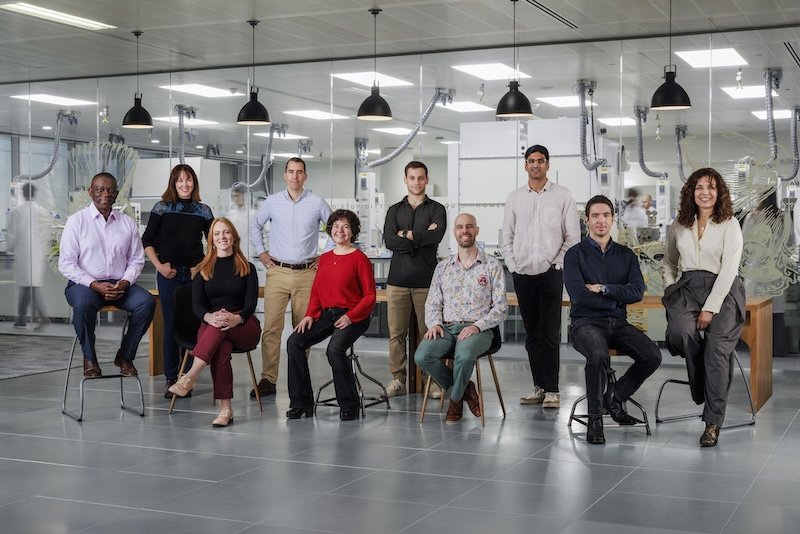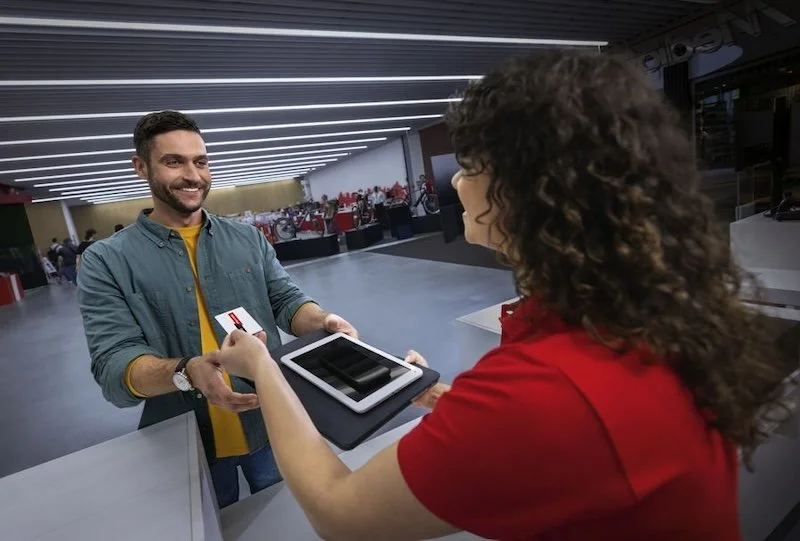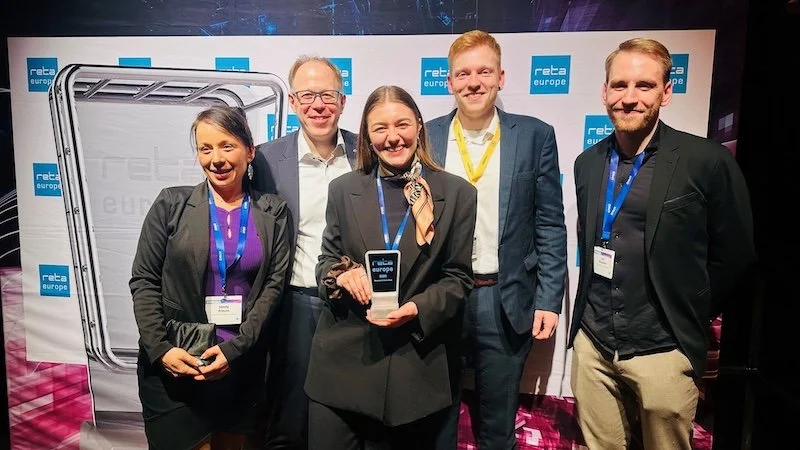London Tech Week: Selfridges and Wayfair talk how retailers are leveraging extended reality technologies
Extended reality can allow retailers to bridge the gap between physical and digital shopping experiences for their customers - but how are new technologies being used in practice? A panel of experts from Selfridges, Wayfair and Team Internet shared their experiences at London Tech Week.
Three years ago, department store Selfridges launched an augmented reality store, allowing customers to make an avatar of themselves before looking around and trying items before buying.
“We found most customers spent most of their time in the virtual store building their avatar,” Ross Beaumont, Chief Technology Officer at Selfridges, told delegates. “It was way too ambitious at the time.”
While the store was successfully taking customers on a journey with the brand, it was not ultimately increasing sales. “Conversion is the name of the game at the end of the day,” he added, sharing that Selfridges was now looking for less costly, more effective extended reality options.
American rival Macy’s has reported a decrease in the number of clothing returns thanks to augmented reality technology offering customers a chance to virtually try on garments before purchasing. Beaumont said this type of innovation is what Selfridges will be looking to next in its menswear and womenswear departments.
Fiona Tan, Chief Technology Officer at online furniture store Wayfair, explained that the retailer has been using extended reality for many years and more recently has added generative AI technology to its offer as well. Called Muse, its platform allows customers to virtually trial what a new piece of furniture will look like in their homes and has not only increased conversion rates, but also its average order value.
“It’s still early days,” Tan said. “But customers that do engage with the technology have much higher satisfaction rates and their returns rate is lower as well.”
With its latest offering, customers can integrate multiple Wayfair products into images. The retailer works with its design team to decide which products work best together and can be suggested to customers as a group. “We can generate a lot more images now, and customers know that they can purchase everything they have seen,” Tan explained.
Allowing customers to save images is also helpful for the retailer, as the data helps them see which items are most popular. Wayfair can also give personalised recommendations based on a customer’s saved pictures as well. “It’s a virtual cycle of engagement,” Tan told delegates.
Beaumont shared that Selfridges is building an augmented reality treasure hunt in its Oxford Street store using scannable images. The treasure hunt will be trialled first, with an aim to launch ahead of key shopping events such as Christmas and Easter. “It’s not the latest tech,” he admitted but said that this type of experience can be great for branding.
Wayfair has a partnership with Apple Vision Pro and its app its available to access on the device. “We’re a tech forward company,” Tan explained. “We felt that we needed to be a part of it.” However, she added that they haven’t focused much on the app due to the low volume of devices currently being used.
Michael Riedl, CEO at service provider Team Internet, said apps on Apple Vision Pro will only be useful for retailers if consumers are using the devices. “Maybe one day we’ll all be using VR goggles, but for now most consumers are scrolling in 2D,” he told delegates. “Nobody is putting on an Apple Vision Pro to buy toothpaste.”
Riedl said his team were more excited about the potential of AI powered shopping agents. “Seach engines are going to be cannibalised by AI,” he explained. Allowing consumers to ask these agents questions about each product, he believes, will be key to driving sales in the future. Thanks to AI, many of consumers questions could be answered using data extracted from reviews.
AI shopping agents, on both external and internal platforms, are also a key focus for Wayfair going forward. “You have to meet customers where they are,” Tan said, noting the popularity of ChatGPT and other AI assistive technologies.
However, Wayfair will still be focusing on its customer service teams, empowering their teams with technology. “We need to enable our agents to service customers as best we can,” Tan said. As an online retailer, she admitted Wayfair doesn’t have as many touch points as physical stores, so the need to ensure every interaction with their agents is positive is hugely important.
Maintaining the human touch is also important for Selfridges. Beaumont said the store’s customer service agents are key for its premium market but it is looking for ways to incorporate technology into this. One recent customer, who visited the store for a repair, was reminded of an upcoming wedding anniversary thanks to data on the customer service agent’s app, leading to the sale of a pair of £50,000 earrings.
“You need to build those customer profiles first,” Beaumont said, “But the human touch will always be important.”
RTIH AI in Retail Awards
RTIH, organiser of the industry leading RTIH Innovation Awards, proudly brings you the first edition of the RTIH AI in Retail Awards, which is now open for entries.
As we witness a digital transformation revolution across all channels, AI tools are reshaping the omnichannel game, from personalising customer experiences to optimising inventory, uncovering insights into consumer behaviour, and enhancing the human element of retailers' businesses.
With 2025 set to be the year when AI and especially gen AI shake off the ‘heavily hyped’ tag and become embedded in retail business processes, our newly launched awards celebrate global technology innovation in a fast moving omnichannel world and the resulting benefits for retailers, shoppers and employees.
Our 2025 winners will be those companies who not only recognise the potential of AI, but also make it usable in everyday work - resulting in more efficiency and innovation in all areas.
Winners will be announced at an evening event at The Barbican in Central London on Wednesday, 3rd September.
This will kick off with a drinks reception in the stunning Conservatory, followed by a three course meal, and awards ceremony in the Garden Room.
Please email our Editor, Scott Thompson, if you have any questions or need further information: scott.thompson@retailtechinnovationhub.com
Key 2025 dates
Friday, 18th July: Award entry deadline
Tuesday, 22nd July: 2025 finalists revealed
Wednesday, 23rd July - Friday, 8th August: Judging days
Wednesday, 3rd September: Winners announced at the 2025 RTIH AI in Retail Awards Ceremony, to be held at The Barbican in Central London.





















Continue reading…